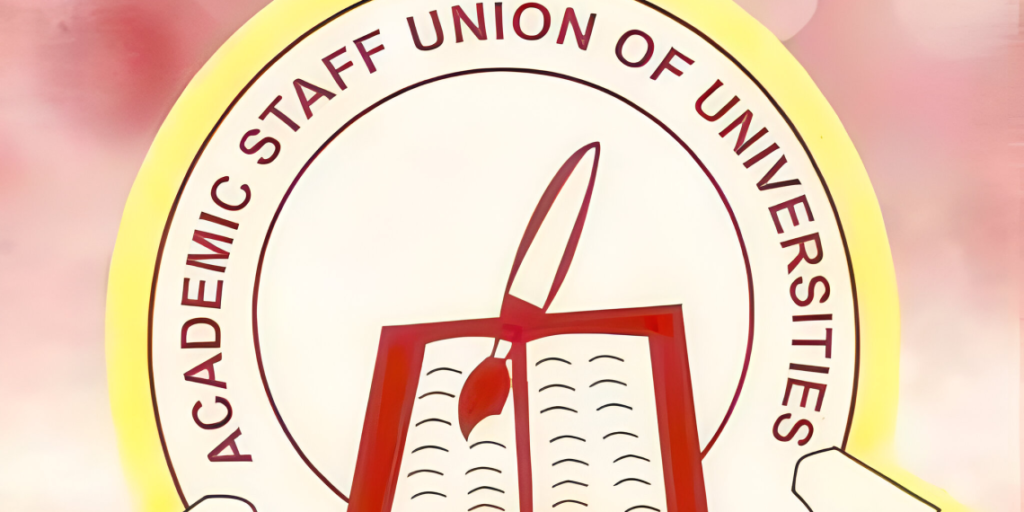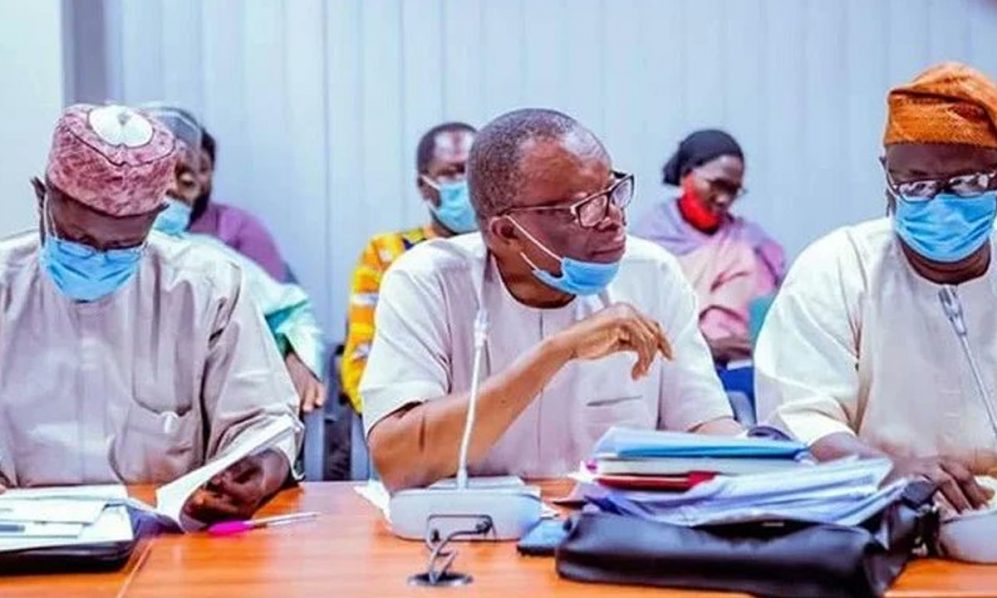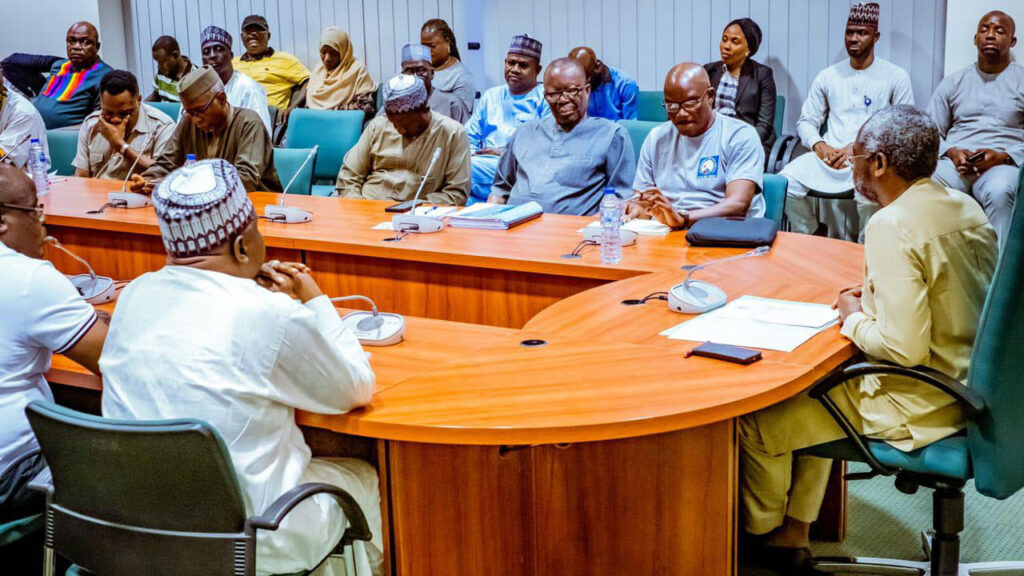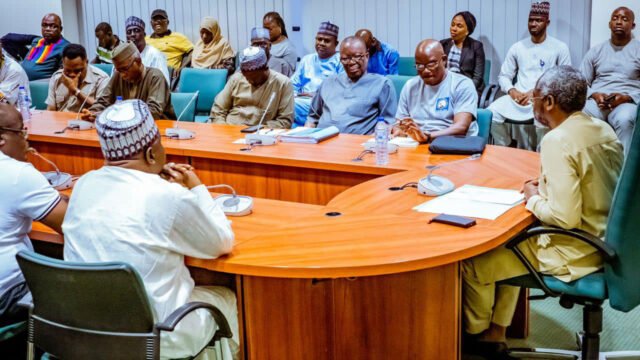As another nationwide strike threatens to paralyse academic life across the country, the Academic Staff Union of Universities (ASUU) has placed the blame squarely on the Federal Government. Speaking at a fervent press briefing held at Dennis Osadebay University in Asaba on Monday, the union’s Benin Zone Zonal Coordinator, Prof. Monday Igbafen, lamented that lecturers have no choice left but to confront the government over unmet agreements and decaying conditions of service.
Prof. Igbafen’s call was unequivocal: “Don’t blame ASUU for what’s coming—go hold the Federal Government responsible for the paralysis that will soon cripple our universities.” This plea is not merely a warning but a heartrending appeal to the conscience of Nigerians, especially students, parents, civil society organisations, the Nigerian Labour Congress (NLC), the media, and industry captains. “Lecturers are the most marginalised professionals in this country,” he emphasised, painting a sombre picture of those entrusted with shaping minds now struggling to make ends meet.

Table of Contents
Broken Promises, Abandoned Negotiations: What’s Fuelled the Resentment
At the heart of ASUU’s frustration is a series of long-standing grievances. Since ending their last prolonged strike in October 2022, the union says the Federal Government has failed to honour key commitments. Notably:
- The renegotiated 2009 FGN-ASUU Agreement remains unsigned, despite being viewed as pivotal in resolving deep-rooted issues affecting the sector.
- Lecturers are still awaiting years of promotion arrears; three-and-a-half months’ withheld salaries and third-party deductions remain unpaid.
- There has been no meaningful improvement in university funding, leaving campuses under-resourced and academic integrity under threat.
Prof. Igbafen’s frustration was palpable: “It is simply unimaginable that while the cost of living spirals, lecturers remain on an abysmally poor salary that hasn’t seen a hike in 16 agonising years.” The irony is stark: those who educate future generations are struggling themselves, all while top government officials send their own children abroad for schooling.

A Collective Plea from ASUU: Rally Support to Save Our Universities
Strikes, the union underscores, are always a last resort. “No member wants this,” Prof. Igbafen noted, “but we have exhausted every avenue.” ASUU is now appealing to all stakeholders to step in and press the government to act—before academic chaos ensues.
This united appeal is not limited to students and parents. It extends to civil society groups, media organisations, student unions, NLC, traditional institutions, captains of industry, and well-meaning citizens. Even state governments—many operating under severe fiscal constraints—are urged to uphold earlier agreements with ASUU, lest the collapse of universities becomes Nigeria’s next big national embarrassment.
Further corroborating ASUU’s urgency, other chapters across the country have echoed similar sentiments. ASUU branches at institutions like UNN, UNILAG, and others issued parallel warnings that any persistent inaction by the government may force them to declare an indefinite strike.
Why This Moment Matters—and How You Can Help
1. This is a tipping point in Nigeria’s academic history.
Prof. Igbafen warned that university education in Nigeria stands “on the precipice.” If allowed to deteriorate further, the consequences will ripple across all sectors—from research and innovation to the economy and national identity.
2. ASUU’s claims are grounded in concrete policy failures.
The failure to sign a basic agreement, failure to release salaries and arrears, and failure to revamp university funding aren’t abstract—they’re actionable. And failure to act has already had real consequences across campuses.
3. A strike, if declared, affects millions.
With over 150 federal and state tertiary institutions spread across Nigeria, the human and economic cost of a shutdown would be immense. The implications touch education, family income, student progression, and even national morale.
4. The government still has time to avert this crisis.
Daily Trust and other outlets report that government officials plan to meet with ASUU representatives to negotiate and possibly avert the strike. But time is short, and goodwill must be matched with action.

ASUU Holds FG Accountable Amid Looming Varsity Shutdown
In a compelling, human-centred appeal, ASUU’s Benin Zone has urged Nigerians to hold the Federal Government accountable for the looming disruption in university academic life. The root of this crisis lies in broken commitments—unsigned agreements, unpaid salaries, unpaid promotion arrears, and chronically underfunded institutions.
ASUU’s plea is both personal and professional: lecturers are exhausted, frustrated, and deeply concerned for the future of university education in Nigeria. Strikes are not the aim, but without meaningful government engagement, the academic system may collapse.
So, what next? ASUU calls on all stakeholders—students, parents, media, NLC, civil society, even state governments—to press the Federal Government to act, before universities are shut down once again.
Join Our Social Media Channels:
WhatsApp: NaijaEyes
Facebook: NaijaEyes
Twitter: NaijaEyes
Instagram: NaijaEyes
TikTok: NaijaEyes
READ THE LATEST EDUCATION NEWS














![Mr Macaroni Drops Blistering Remark: ‘APC Filled with Most Corrupt People’ as He Slams Tinubu’s Controversial Pardon for Criminals=]] Mr Macaroni](https://naijaeyesblog.com/wp-content/uploads/2025/03/Mr-Macaroni-1-1-180x135.avif)

![Chaos Erupts in Abuja Hotel as BBNaija Star Phyna Sparks Fierce Scene Over Alleged N200,000 Dispute [VIDEO] Phyna](https://naijaeyesblog.com/wp-content/uploads/2024/11/A-Picture-of-Phyna-BBNaija-180x135.jpg)























